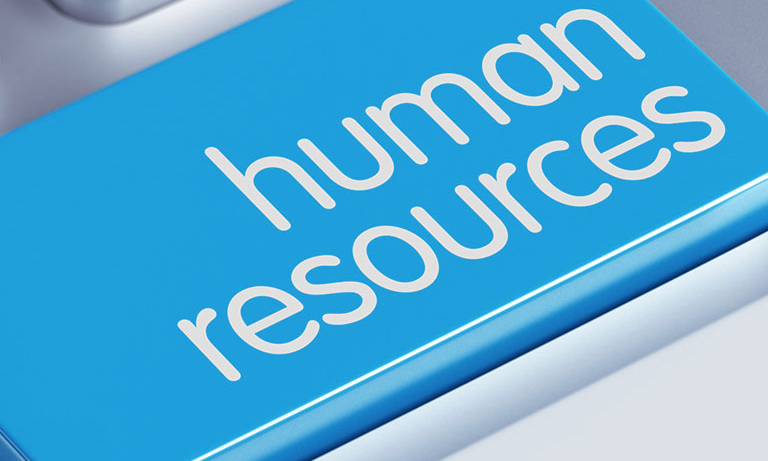 HR people used to take a fairly simple view that performance and pay were linked; if someone did well, they got more pay
HR people used to take a fairly simple view that performance and pay were linked; if someone did well, they got more pay1. Performance reviews rise from the dead
2016 was supposed to be the year that saw the death of the annual farce that is the employee performance review/pay rise demand/upgrade request/threat to resign. A number of large corporates said they could no longer see the point of these interviews and could frankly use the time more effectively; however, what seems to have happened is that some companies have found that their employees’ engagement with the business and performance has declined.
This is no big surprise, as many companies failed to put anything in the place of the discredited performance reviews. Peer review and continuous feedback just do not hack it for most employees.
2. When is my pay rise? The cry for 2017
HR people used to take a fairly simple view that performance and pay were linked; if someone did well, they got more pay. Given the drive to replace performance reviews, however, it is not clear how pay is going to be assessed in future.
This is particularly the case for companies in the habit of ranking employees into quartiles and awarding remuneration according to where they fall. Link this to the fact that job descriptions are rapidly becoming a thing of the past and HR professionals will be desperately looking for some kind of structure they can use to assess and pay employees without provoking lawsuits.
3. In 2017, full-time, on-site permanent staff become a minority
If current trends continue, 2017 will be the year in which full-time, permanent employees working from a company site form a minority segment of the workforce. This has huge implications for HR practice and for finding ways to help dispersed teams to work collaboratively when they may not see each other in person. Technology will be the key to this.
Traditional line managers are going to find themselves in a state of some confusion as employees increasingly work part-time or remotely. The key skill for them will be to know how productive their staff are when they are away from the office, which will involve having a very clear idea of what they are supposed to be achieving.
4. Business ethics are going to be important
Work cultures that encourage cheating and rule-bending are going to be under scrutiny, which may involve auditing the executives in an organisation. If the leaders are making unreasonable demands, this can lead those further down the organisation to find dishonest ways to deliver.
The challenge for HR departments will be to identify and progress the leaders who can maintain high standards and excellent results while staying in touch with those on the ground who are tasked with delivery. These leaders will need to be people who are as respected for their integrity as for their achievements.
5. Millennials finally get over themselves
It has been forecast – not to say devoutly hoped – that 2017 will be the year in which millennials finally realise they are exactly like everybody else and stop explaining how special they are.
Join Over 40,000 Recruiters. Get our latest articles weekly, all FREE – SEND ME ARTICLES
Recruiters love this COMPLETE set of Accredited Recruitment & HR Training – View Training Brochure








